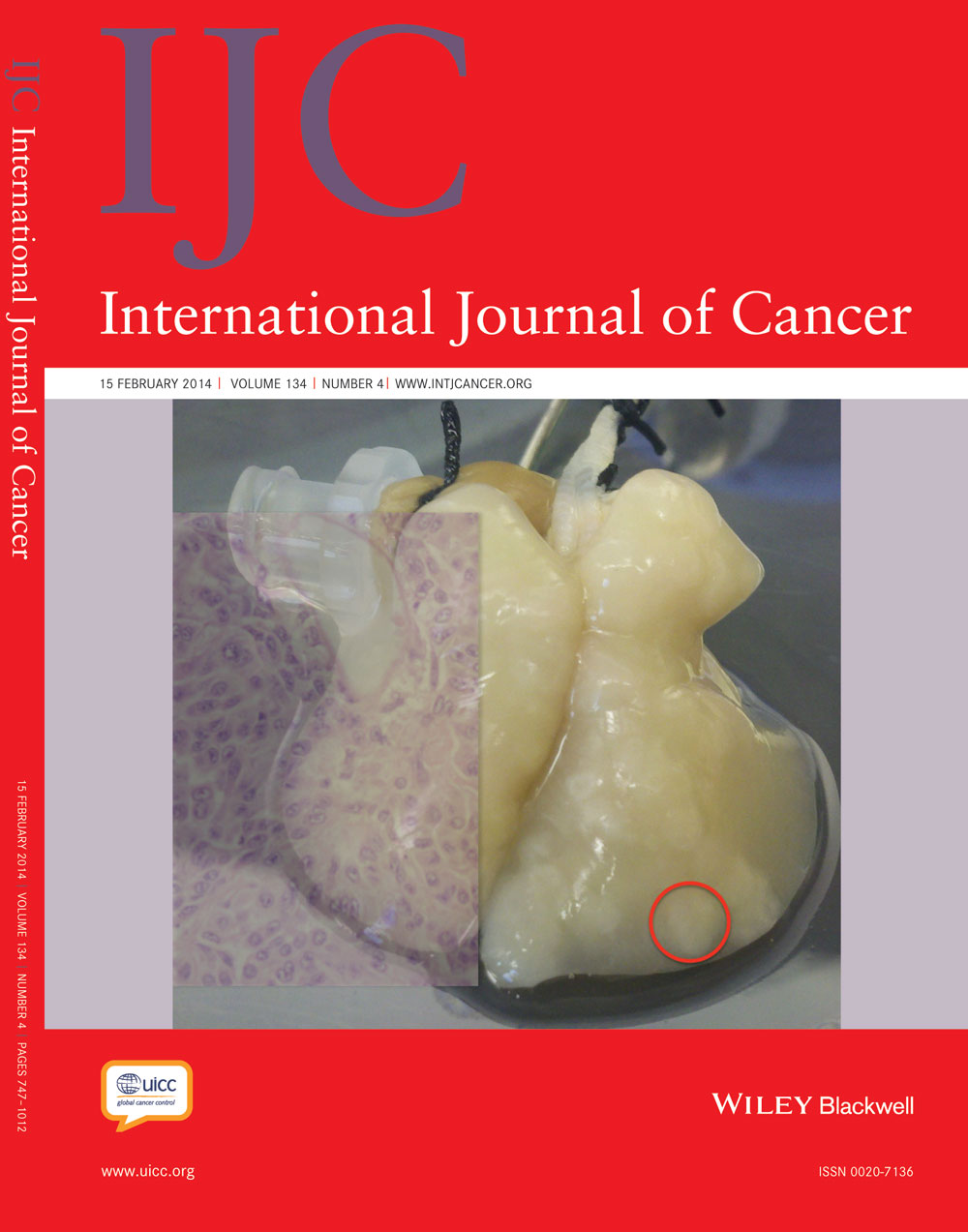Evaluation of the impact of a breast cancer awareness program in rural Ghana: A cross-sectional survey
Abstract
Community awareness is crucial to early detection of breast cancer in low- and middle-income countries. In Ghana 60% of the cases are detected at late stages. Breast Care International (BCI) is a Ghanaian non-governmental organization dedicated to raising breast cancer awareness. A cross-sectional survey was designed to assess the impact of BCI program on knowledge, attitudes and practices (KAP) toward breast cancer among women from rural communities of Ghana. A total of 232 women were interviewed in June 2011 in the Ashanti region; of these 131 participants were from a community that received the BCI program in August 2010 (intervention group) and 101 from another community that received the program post-survey (referent group). Data analysis was performed using Epi-Info version 3.5.3. Knowledge about breast cancer among participants who received the program was better than among those who did not. Only 53.5% of participants from the referent group knew that breast cancer usually appears as painless breast lump when compared to 82.3% from the intervention group. Participants who attended the program were significantly more likely to obtain higher knowledge scores (odds ratio (OR) = 2.10, 95% confidence interval (CI) = 1.14–3.86) and to state practicing breast self-examination (OR = 12.29, 95% CI = 5.31–28.48). The BCI program improved KAP toward breast cancer. Further research is warranted to provide stronger evidence that the program improves breast cancer early detection.
Abstract
What's new?
Breast cancer awareness programs can bring great benefits for women and the communities they live in. But just how cost-effective these programs are in low-and-middle-income countries, where breast cancer is an increasing public health concern and where outreach can be challenging, has been unclear. Fortunately, the message from this study, which centered on the Ashanti region of Ghana, is that breast cancer awareness programs are paying big dividends for women's knowledge, attitudes, and practice. Women who attended programs not only enjoyed higher knowledge scores than their non-participant counterparts, but also were more likely to perform breast self-examinations.




